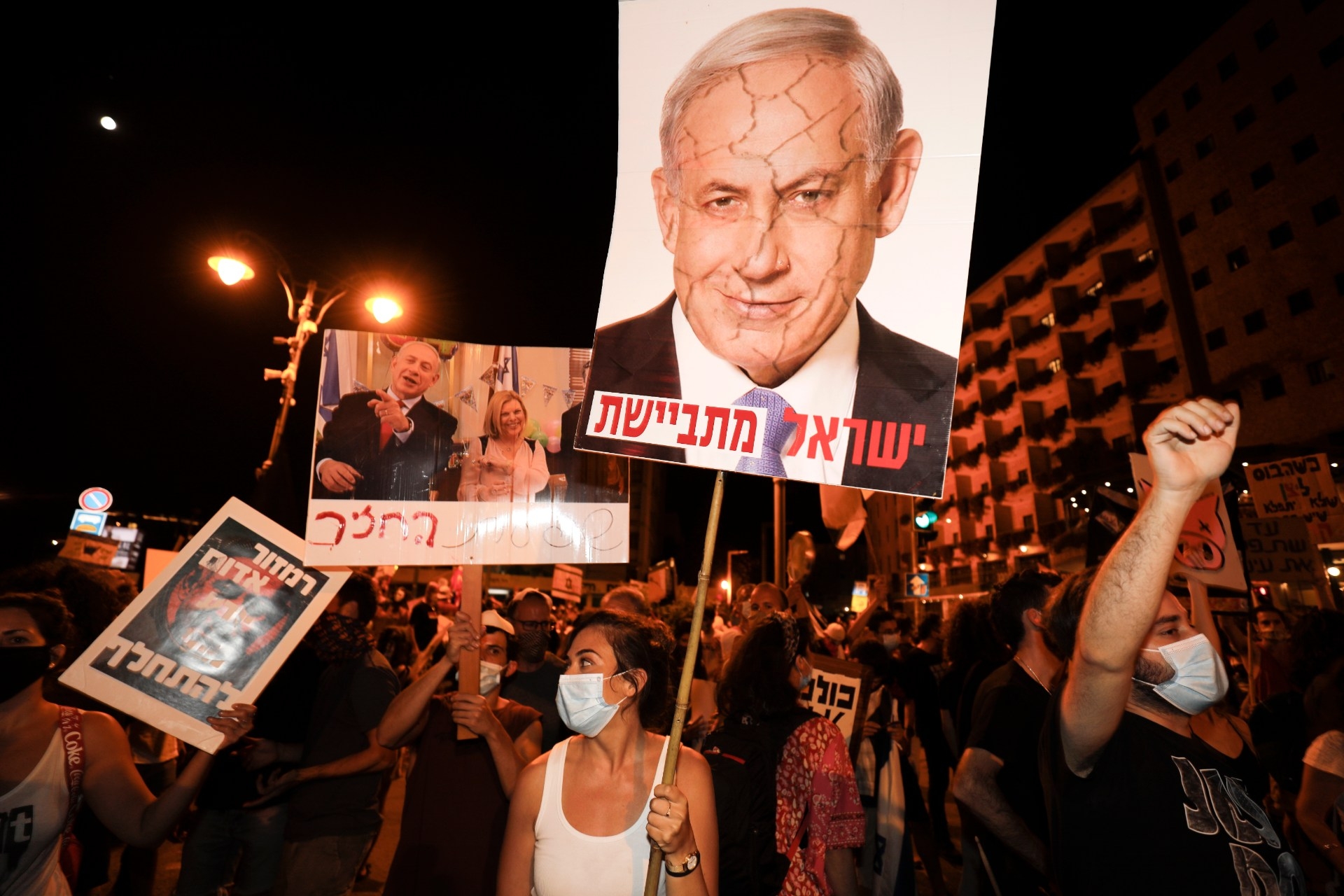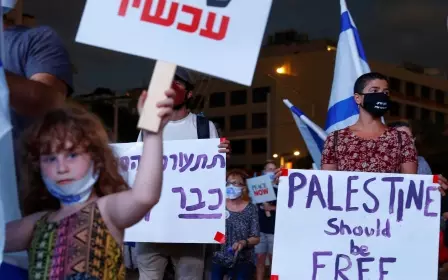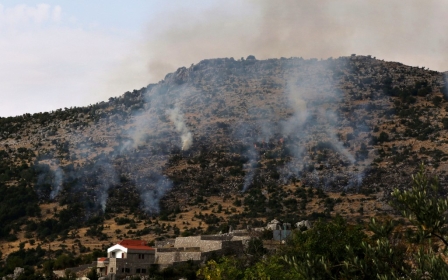Israel: Row over new budget stokes election talk and threats from Netanyahu allies

A disagreement within Israel’s government over a new budget is threatening to push the country into fresh elections, as Prime Minister Benjamin Netanyahu seeks to break the coalition agreement.
However, his longstanding, ultra-Orthodox allies have warned that moves towards an election could see their support for him evaporate.
Netanyahu and his rival-turned-coalition partner Benny Gantz are locked in their latest squabble over a budget that by law must be passed by late August or see their fledgling government dissolve.
That would force Israelis to go to the polls for a fourth election since April 2019, as new governments must pass a budget within their first 100 days if the previous one expires that year.
Netanyahu and Gantz came together in government to ostensibly tackle the coronavirus crisis - a task they appeared to have managed successfully until a second wave struck in June, which has proved far worse than March’s initial outbreak.
New MEE newsletter: Jerusalem Dispatch
Sign up to get the latest insights and analysis on Israel-Palestine, alongside Turkey Unpacked and other MEE newsletters
The economy has been badly hit, and the coalition has been scrabbling to provide economic relief to Israel’s affected businesses and the hundreds of thousands put out of work by the crisis.
The prime minister wants to pass a budget for this year only, and has been asking to delay planning for a longer-term version until Covid-19 is warded off.
However Gantz, who is serving as defence minister but is due to take the premiership in 14 months’ time, maintains that the coalition agreement stipulated that the budget would be prepared for two years.
A proposal has been handed to Gantz that would see the government approve a two-year plan but have Israel’s parliament, the Knesset, vote only on articles relevant to 2020. The rest of the budget’s items would have until March to be worked out.
Speculation that Israel may be headed for another election has been rife in recent weeks, as Netanyahu’s Likud party and Gantz’s Blue and White struggle to collaborate.
Meanwhile, anti-Netanyahu protests drawing Israelis from across various sections of society have been raging in Tel Aviv and outside the prime minister’s Jerusalem residence.
'If an annual budget brings elections, we will not support it. The State of Israel needs a budget now. If they bring a law to postpone the deadline for submitting the budget, we will not support it'
- Uri Maklev, UTJ MP
As security forces have cracked down harder on protesters, the demonstrations’ rancour has only increased, and pressure is building on the premier.
Commentators have suggested that Netanyahu favours another election in the hope he and his right-wing partners can win outright and form a government without the participation of Gantz’s party.
However, senior officials from Israel’s two ultra-Orthodox parties, United Torah Judaism (UTJ) and Shas, have indicated that they would pull their support for Netanyahu if a fourth election is forced through.
Shas and UTJ have long supported Netanyahu and sat with Likud in governments, but the ultra-Orthodox communities have been both badly affected by coronavirus and scapegoated for its spread. They are also aware of voter fatigue in the country.
Uri Maklev, a UTJ MP, told local media on Tuesday that his party won’t support a budget plan that will set the stage for a new election.
"If an annual budget brings elections, we will not support it. The State of Israel needs a budget now. If they bring a law to postpone the deadline for submitting the budget, we will not support it," Maklev said.
Middle East Eye delivers independent and unrivalled coverage and analysis of the Middle East, North Africa and beyond. To learn more about republishing this content and the associated fees, please fill out this form. More about MEE can be found here.





